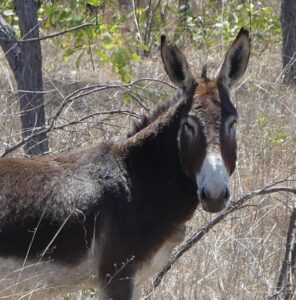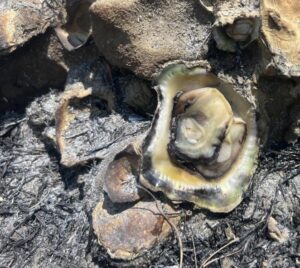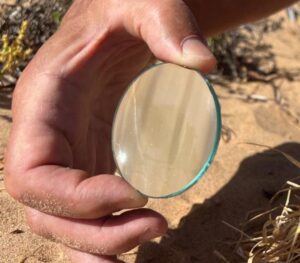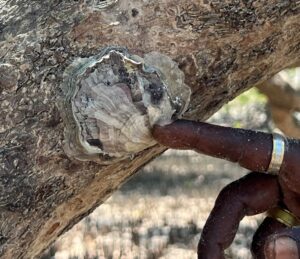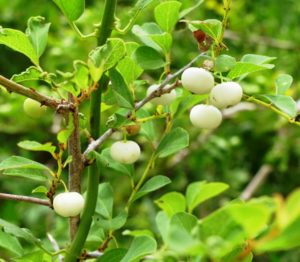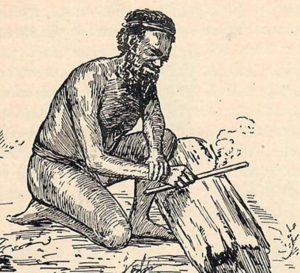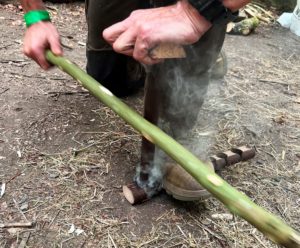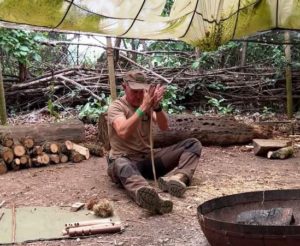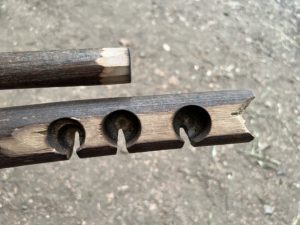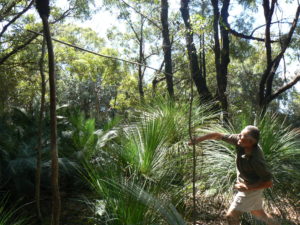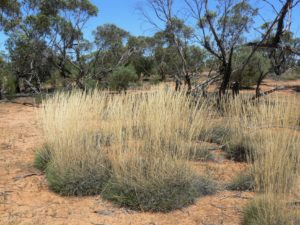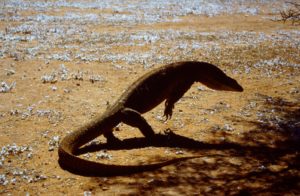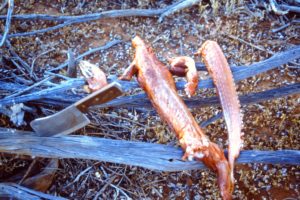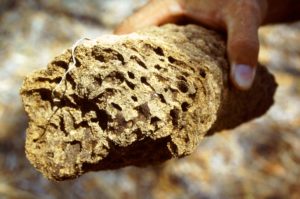Australia
Feral donkey trails leading to water
At the end of the 19th and beginning of the 20th centuries, many draught animals were released in the wild in Western Australia, as motor vehicles took over their work. These included donkeys and camels. Both species flourished thereafter in…
Smoked oysters from the rocks
In the spring of 2025, I traveled to Western Australia to document local survival techniques used by Indigenous people. Across Australia, Indigenous groups are generally categorized into three main types: the so-called ‘Saltwater mobs,’ who live along the coast; the…
Creating fire with a magnifying glass
A magnifying glass has been used to start fires since ancient times. Greek and Roman writers recorded the use of ‘Burning glasses’ for domestic and war purposes. A concise history of these applications can be found on Wikipedia. Nowadays, fires…
An oyster species growing on Mangrove trees
Mangrove oysters (Isognomon ephippium) are the species most commonly found growing on mangrove trees in Northern Australia. Its other common English name is ‘Saddle tree oyster.’ These oysters are one species eagerly collected and eaten by Bardi people at the…
Sweet ‘White Berry Bush’ fruits
Synonyms White Berry bush, Snowball bush (Eng.); Witbessiesbos (Afrikaans); Chinese waterberry (China), Goowal (Yawuru Australia); Flueggea virosa (Lat.) – Flügge was a German botanist, and virosa means poisonous or having a bad odor. Distribution Flueggea virosa commonly grows in deciduous…
Australian Firesaws
Firesaws are only known as a traditional fire-making method on the Pacific Islands. In Australia, these methods were replaced by friction fire hand drills and later, under Western influences, by bow drills. Nevertheless, fire sawing is an interesting technique, which…
Bow drilling in Australia by Gordon Dedman
At the Global Bushcraft Symposium 2022 in the UK, Gordon Dedman presented the bow drilling technique he teaches in Australia. Since readers are assumed to know the basics of bow drill friction fire lighting, I will only concentrate on specific…
Hand drill friction fire lighting in Australia
At the Global Bushcraft Symposium 2022 in the UK, Gordon Dedman presented the hand drill friction fire lighting method he teaches in Australia. As most readers of this topic will know the basic techniques of hand drill friction fire lighting,…
Australian friction-fire woods
At the Global Bushcraft Symposium 2022 in the UK, Gordon Dedman presented a variety of types of Australian friction-fire wood, which are well suited for friction-fire lighting methods and tinder. The signature friction-fire method, exclusively used for thousands of years…
Spear shafts from grass tree stalks
Grass trees (Xanthorrhoea sp.) and grass tree stalks are endemic to Australia. They are locally called ‘Black Boys’ due to their appearance after bushfires. They need a certain number of regular fires for their survival and are well protected against…
Spinifex grass – friend and foe
The common name ‘Spinifex grass’ is not entirely correct as a botanical term for discussed grasses, as commonly named ‘Spinifex’ grasses belong to the genus ‘Triodia’, whereas the genus ‘Spinifex’ itself contains mainly coastal grasses. Whatever it is, the common…
Spotting a magnificent sand monitor (Goanna)
Description of Goannas The Australian sand monitor (Varanus gouldii) is also called Gould’s monitor or colloquially ‘Goanna’. There are two subspecies: Varanus gouldii gouldii and Varanus gouldii flavirufus (smaller subspecies). V. gouldii gouldii is distributed nearly all over Australia except…
Eating a sand monitor lizard (Goanna)
In the former article, I described seeing a majestic sand monitor lizard close by on my drive from Menzies to Sandstone on a side road. Driving further on, I was surprised to see many more Goannas left and right on…
Ant beds for building materials in Australia
Although they are commonly referred to as “Ant beds,” particularly in Australia, the structures are actually “Termite mound.” Despite their physical similarities to ants, termites are related to cockroaches rather than ants. However, like ants, they are small and numerous….

